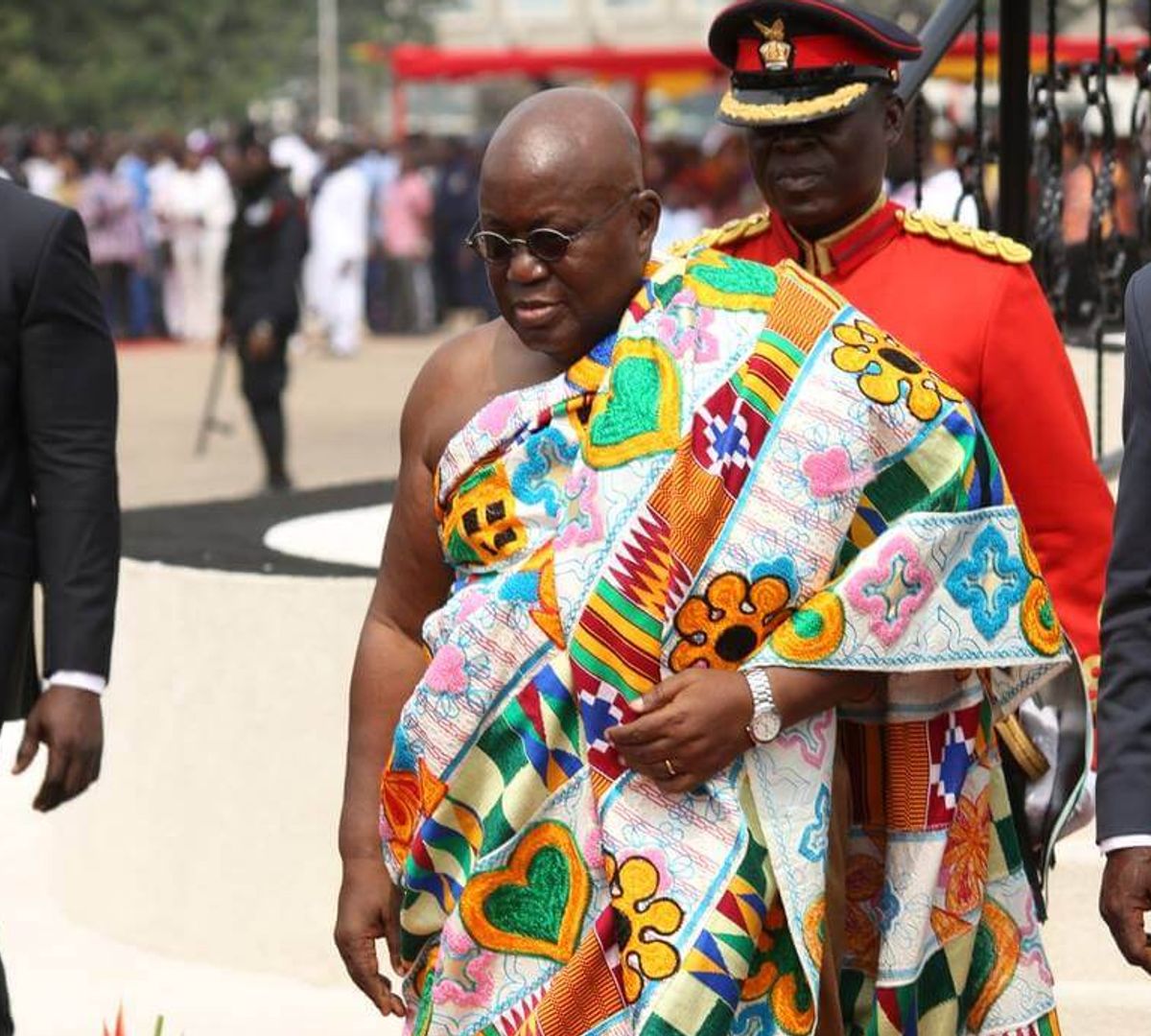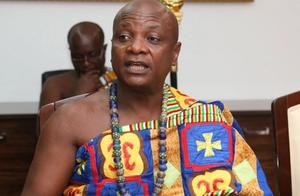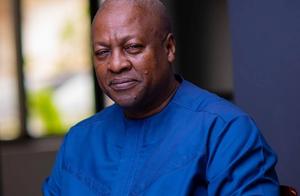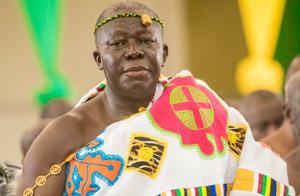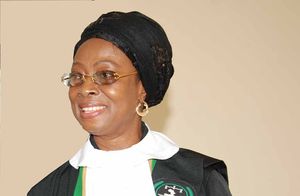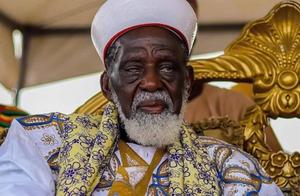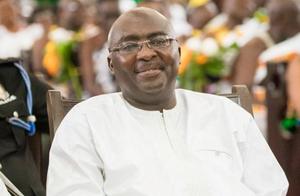When on March 29th, 1940, Nana Addo Dankwa Akufo-Addo was born to Edward Akufo-Addo and his wife Adeline, the gods themselves knew that it was only a matter of time for the young William Akufo- Addo to take to the tradition of his progenitors and become a political heavyweight in Ghana. They say when fate plants your feet in greatness, it does so by ushering you into a family of prominent politicians and royals. Nana Akufo- Addo’s feet were firmly planted in greatness from the day of his birth.
Ghana’s fifth President of its fourth Republic was born into a popular political family from both Kyebi and Akropong-Akuapem in the Eastern region. His father, Edward Akufo-Addo served as chairman of the 1967 Constitutional Commission and the nation’s third Chief Justice from 1966 to 1970. He was also the non-executive president under Ghana’s parliamentary government that lasted from 1969 to 1972 before it was upended by a military coup. Nana Addo’s maternal grandfather was Nana Sir Ofori Atta, the Akyem Abuakwa monarch who served in the Executive Council of the colonial Governor ahead of the country’s independence. Other illustrious relatives include Kofi Asante Ofori Atta and William Ofori Atta, who made an unsuccessful run for the presidency in 1979. The rich list of political colossuses from which Nana Akufo-Addo traces his line cannot be complete without the mention of J. B. Danquah, the “doyen of Gold Coast politics” who was the granduncle to the current president.
Starting his elementary education in Accra at the Government Boys School in Adabraka and later at the Rowe Road School (now Kinbu), Nana Akufo- Addo moved to England to pursue his O-Level and A-Level education at Lancing College, Sussex, during which time he earned his famous moniker ‘Billy'. From there he moved on to the New College, Oxford in 1962, where he enrolled for a course in Philosophy, Politics, and Economics. He, however, cut short his studies at Oxford and returned to his motherland where he had a short stint as a teacher at Accra Academy, before enrolling to read Economics at the University of Ghana, Legon, He graduated with a BSc. Economics degree in 1967.
Given his background, it was most natural for the young Nana Addo to also pursue a career in law. He thus returned to England where he trained at the Inner Temple under the apprenticeship programme at the time which allowed one to become a lawyer without a degree in the subject. He was called to the English Bar in July 1971 and four years later, he would be called to the Ghanaian Bar as well.
Nana Akufo-Addo worked with the Paris office of the U.S. law firm Coudert Brothers, but in 1979 he settled down in Ghana and begun an illustrious legal career at a law firm he co-founded, the famous Prempeh and Co. Though long seen to be coming, Nana Addo Dankwa Akufo-Addo’s ascendancy to Ghana’s highest was not without struggles and low moments. Having entered the political fray in the late ‘70s when he joined the People's Movement for Freedom and Justice to oppose the General Acheampong-led Supreme Military Council's Union Government proposals, he had from that moment set himself up for public office. He also became a leading figure in the Alliance for Change, a pressure group that organized a series of demonstrations to oppose the introduction of Value Added Tax (VAT) and the perceived human rights violations of the President Rawlings’ regime.
After couching an image as a voice of conscience for the nation, he decided to take a shot at the presidency in 1998 competing against ex- President for the flagbearership position of the New Patriotic Party. But that was not to be, and he had to wait eighteen (18) long odd years to take his turn as Ghana’s President. Prior to this moment though, he had worked variously under President Kufuor as Ghana’s Attorney-General, and the Foreign Affairs Minister of the nation. Indeed, in the annals of Ghana’s political history, the list of people who have had telling imprints on the progress of the nation cannot be written without the inclusion of Nana Addo Dankwa Akufo-Addo, Ghana’s current President. His contribution, both on and off the political scene, will serve an important footnote whenever Ghana’s history is chronicled.
